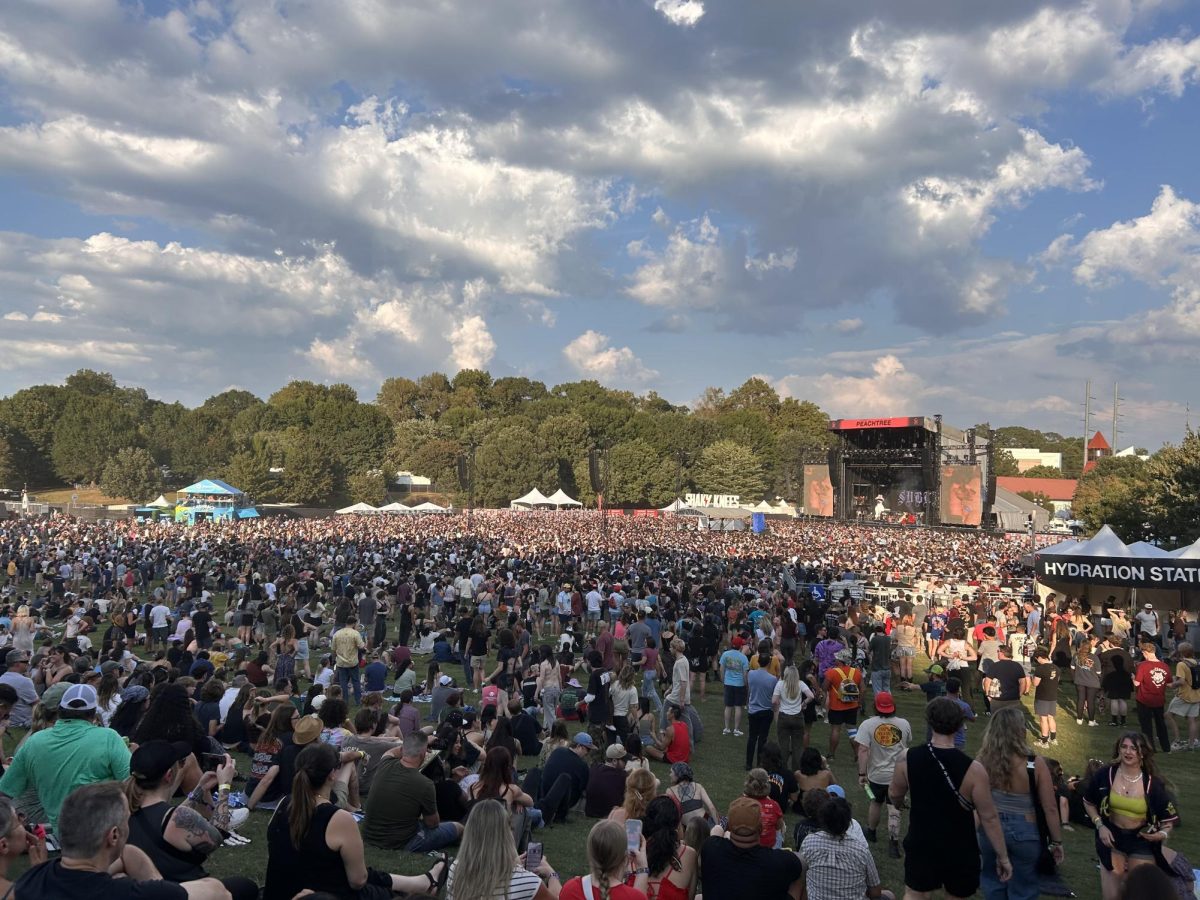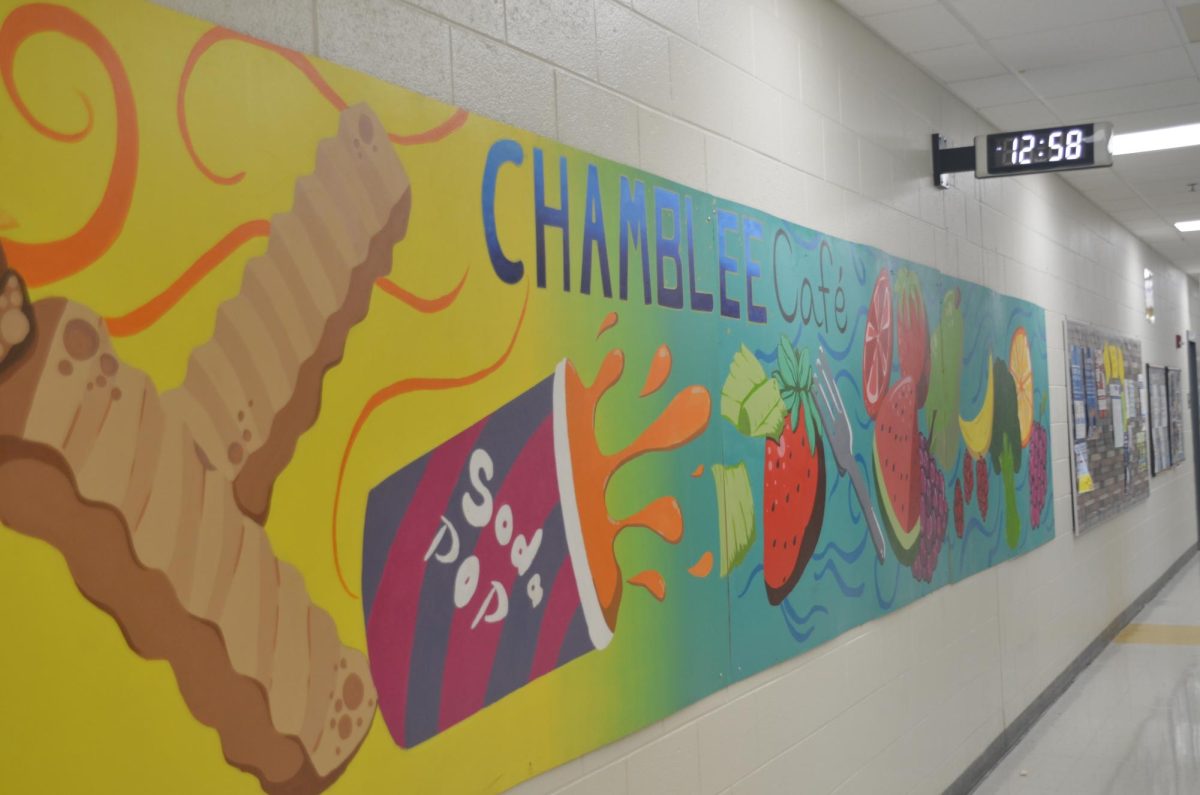The Glorification of Slavery in Disney’s Dumbo
December 1, 2020
At some point in everyone’s life, we have all seen at least one classic Disney movie, ranging from Cinderella to Peter Pan. Many kids can remember that, at some point, their parents skipped certain scenes from a movie with little to no explanation why. But, when we went to summer camps, we would finally see those scenes in all their glory—or lack thereof. For most people, this meant—spoiler ahead—skipping over the scene when Bambi’s mother is shot or the scene when Mufasa dies, but for me, that meant skipping the scene in the 1941 movie Dumbo where faceless black men sing about how much they loved slavery.
Yup, you read that right. Approximately 13 minutes into Dumbo, a group of burly black men exits the back of a train cart. While they start to set up the tent for the upcoming circus, a beat and melody start to work their way into the scene using the sounds made from construction, titled “The Song of Roustabouts.” As soon as you hear this song, it will throw you off because the opening line states a well-known black stereotype.
“We work all day, we work all night
We never learned to read or write
We’re happy-hearted roustabouts”
It was a well-known assumption that many black people didn’t know how to read or write in the 1940s because they were never taught, and the writers of this song used that knowledge as a “cute” added rhyme for their song. The next few lines talk about how the men work tirelessly throughout the night but are totally fine with it because that’s what they love to do, apparently, so there is no problem with it.
“When other folks have gone to bed
We slave until we’re almost dead
We’re happy-hearted roustabouts”
I don’t believe that the word “slave” here was accidental, given the fact that it’s all black men singing, who we know were used to doing the heavy-lifting during slavery. The lyrics only get worse from here: The men continue to sing about how much they love their “work.” I say “work” in quotations here because the men mention later in the song that they don’t get paid, nor do they care. We know that work without pay is slavery. And, even when they do get paid, the writers imply that they waste it on random items, spending their money on alcohol and cigars. The cigar part gets brought back up later during the Jim Crow scene—yes Jim Crow.
“We don’t know when we get our pay
And when we do, we throw our pay away
We get our pay when children say
With happy hearts, ‘It’s circus day today'”
Each line gets progressively worse until the song eventually ends with an off-screen man yelling “Grab the rope you hairy ape!” There is no doubt in my mind that it’s a white man yelling at a black man, given the fact that the man yelling has a higher-pitched voice than the rest, and we see a black man catch a rope. We also never hear a black man speak throughout the whole movie, but we do hear almost every single white man speak, thus convincing me that a white man is giving these black men commands offscreen.
Throughout the whole movie, we never hear a black man talk—and actually, we never see a black man at all outside this musical number. Even in transition scenes, we see white men sitting on top of the trains, animals moving around, and even clowns making random noises, but we never see the black men again. Another thing that’s interesting about this scene is that none of the men have faces.
This scene is also just pointless. It doesn’t move the story on in any way other than to tell the audience that black men “love”doing bone-breaking work to only get an irregular payment schedule if that means they can make white people happy. The fact that faceless black men with no voice, no facial features, and no other scenes in the movie are singing about slaving away at night, so others can be happy is enough of a reason for this movie to stay in the vault instead of simply tacking on this 12-second disclaimer at the beginning of the movie.
I honestly would say to just cut that part of the movie out or replace it with a song about working together to get the job done, but there would still be another racist factor to this movie, Jim Crow, a character we are introduced to about 50 minutes into the movie.
The Jim Crow Laws were a set of laws, beginning in 1930 and only ending in 1965, that allowed racial segregation in the United States. The name for these laws came from a character seen in many plays, Jim Crow, a white man who portrayed himself as a dimwitted ex-slave who had no idea what he was doing with life. He was often seen covered in horrendous black paint and huge drawn on red lips. His clothes were always super baggy, and his outfits were never put together in a fashionable way. This new set of laws often kept black people and people of color (BIPOC) out of certain restaurants, made them sit further back in movie theaters, or drink water from a hotter water fountain. Sometimes, BIPOC weren’t even allowed to marry the people they loved because their skin wasn’t the same color, and not following these laws was often punishable by death.
The writers of Dumbo decided that during the end of the movie, they would try to slide in one of those adult jokes that are often missed by children, but instead came up with a racially charged group of animals. About 50 minutes into the movie, after Dumbo and Timothy Q. Mouse get so drunk that they pass out in a tree, we are introduced to five crows. Jim Crow, the main crow, is voiced by a white man named Cliff Edwards who does his best to sound as “black” as possible. He often speaks in jive, slang mainly used by black jazz musicians, throughout his whole time in the movie. He uses words like “brother” and “ain’t see no” to sound more black. The crows are all also wearing tattered and messed up clothing.
In the scene, Crow wakes up Timothy Q. Mouse by blowing cigar smoke in his face and mocking him. This brings us back to the line from earlier about how the roustabouts don’t spend their money wisely. This subtle addition could possibly be linked to the rise of black or African-American men working in the cigar and tobacco industry around the 1940s.
The four other crows were voiced by black men which does make the situation of trying to speak like a black man a bit better, but altogether, I say they should’ve kept this in the vault, even if the tunes are catchy.
Disney decided to keep this movie up on their site and even though they have the race warning at the beginning, I don’t think it’s enough. They are hiding behind the fact that what they did was wrong. By saying they are using this as a method of improvement, without creating an actual discussion, all they’re really doing is profiting off this movie and the countless views it’s going to get. If you go to the www.disney.com/storiesmatter page and scroll all the way to the bottom, they have a short paragraph on the mistakes made in a few of their movies, including Dumbo, but they lack depth or space for a conversation. I think the new 2019 live-action Dumbo movie, which has these scenes completely cut out, did this way better and deserves to be the only one on their site. The 1941 Dumbo glorified racism and slavery and still hasn’t paid the price.











Jordan • May 11, 2023 at 5:42 am
As an iron worker I love this song! You completely miss the point…it’s a work song.